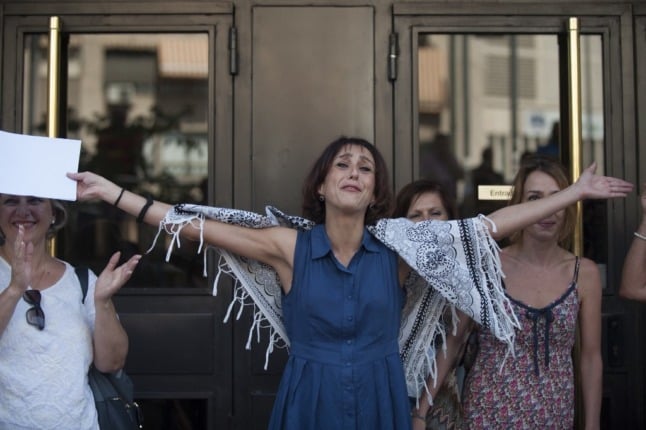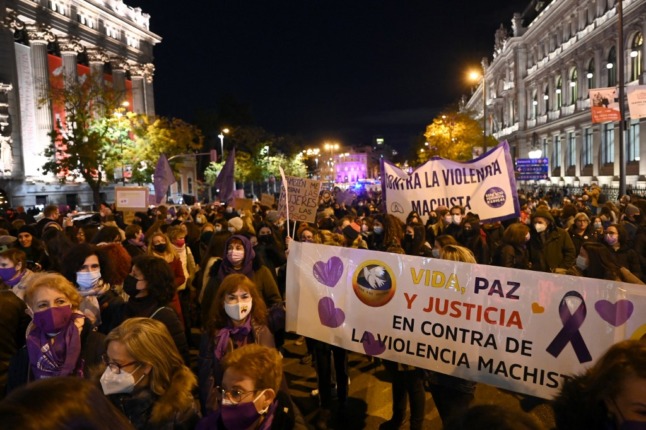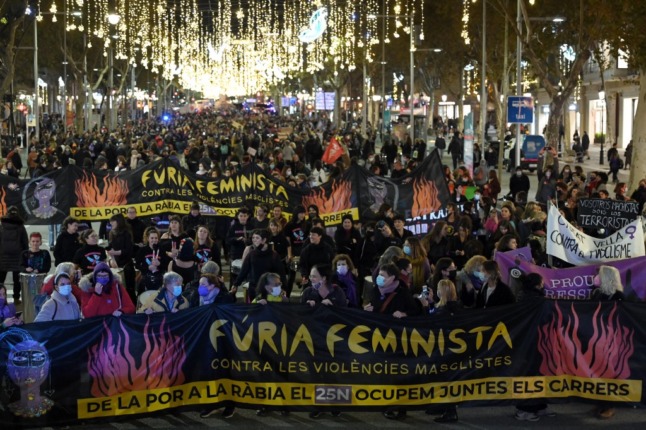A Spanish court sentenced Juana Rivas to two and a half years in jail for child abduction and disobeying a 2017 court order for going into hiding for a month with her two children instead of turning them over to her Italian ex-husband, a convicted wife-beater.
Women’s groups had condemned the court order to hand over her children to their father, with supporters rallying around her cause with the hashtag #JuanaEstaEnMiCasa which means “Juana is in my house”.
Rivas eventually came out of hiding and her children returned to Italy to be with their father, who was jailed for three months in Italy after a court there in 2009 found him guilty of beating his wife.
The Spanish government’s pardon reduced Rivas’ prison term to one year and three months and it reversed the court’s decision to disqualify her from having custody. Instead she will have to do 180 days of community service.
The government “took into consideration the interests of her children and the circumstances which this woman had to face when she took the decisions for which she was sentenced,” said government spokeswoman Isabel Rodriguez.
The affair divided Spain, with some criticising Rivas for refusing to follow a court order and others pointing to her case as proof that Spanish courts do not take domestic abuse claims seriously.
In a complaint filed against her ex-husband in Spain, Rivas said he would lock her in a room for hours, would hit her and that her oldest son had “suffered greatly and witnessed many things”.
But a psychologist ordered to examine her son found no sign of trama or evidence of domestic violence.




 Please whitelist us to continue reading.
Please whitelist us to continue reading.
Member comments